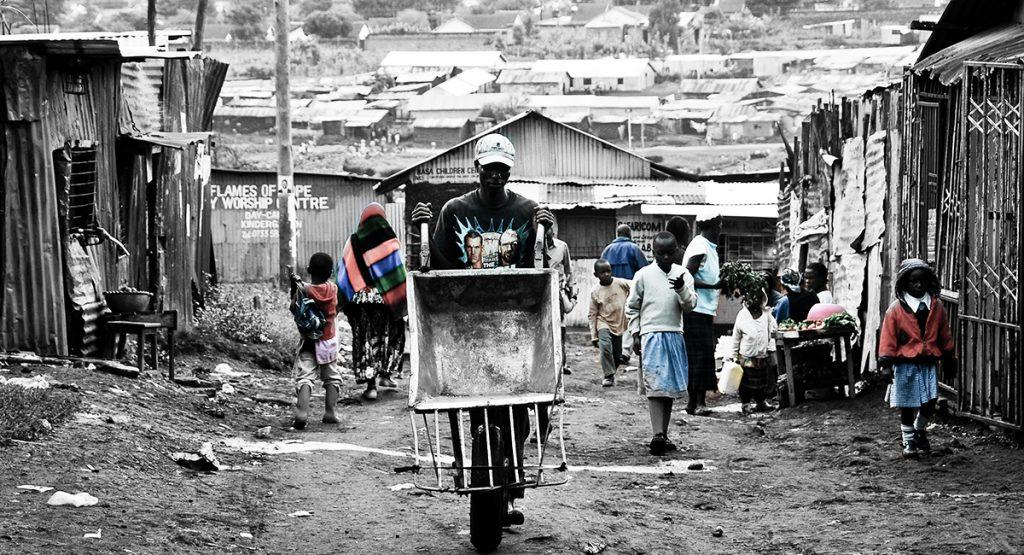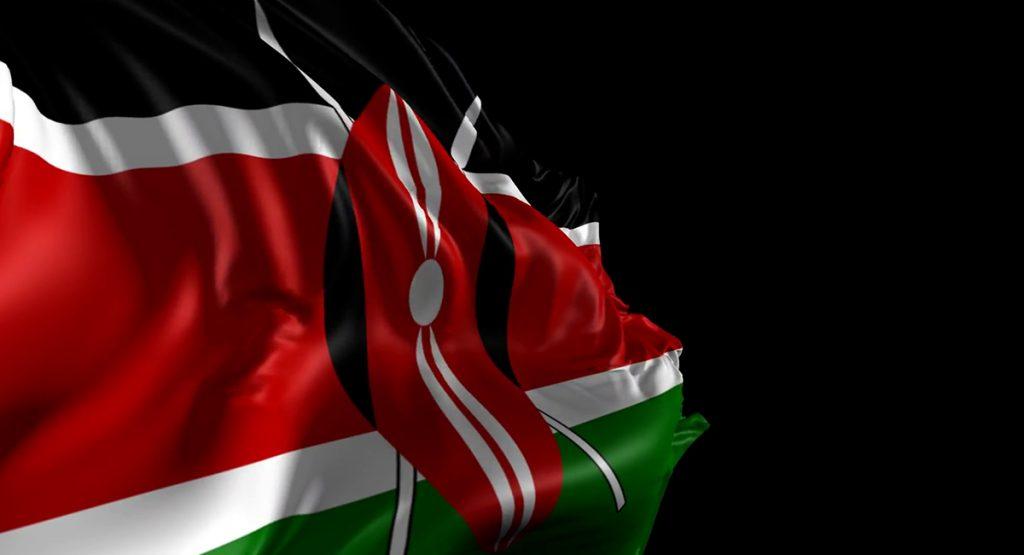I strongly believe that the March 2018 handshake that heralded the Building Bridges Initiative has brought more divisions than a unity of purpose that it was initially meant to bring. The opponents and proponents of the report are in a constant push and pull trying to woo their supporters onto their side. This Initiative was aimed at stabilizing the body politics to underpin sustainable development and also eradicate poverty. We all welcomed the handshake because the country had reeled under the perennial cycle of post-election violence. We also believed the BBI reform process was a sure pathway to the promised land of political stability and the United Nations Development Goals. However, reading the body language of the political elite in the country makes me have a second thought regarding the referendum call. Having read the Building Bridges Initiative report, there are quite a good number of loose ends in the proposals and a reason as to why Kenyans should give it a wide berth in the upcoming plebiscite if at all it will materialize.
Foremost, the Building Bridges Initiative is illegal and unconstitutional. Our constitution gives two clear pathways to its amendment -a parliamentary way and also the popular initiative. Any amendments to the constitution emanating from the three arms of government must go through the legislature while those from the people must be people-driven. Proposals in the BBI emanated from the Executive and thus must go the parliamentary way. This has not been the case, public resources have been used to push the BBI agenda without a proper budget for the same. This is in contravention of the Public Finance Management Act(2012). Our leaders have misled us on this and I suggest that any elected leader in support of the BBI must not be re-elected in next year’s general elections. In the social contract theory, philosophers such as Thomas Hobbes, John Locke, and Jean Jacques Rousseau challenged feudal absolutism. Their common argument was that since the inhabitants of a polity could not exercise direct authority over themselves, they ceded such authority to a sovereign. The sovereign had to rule for the benefit of the masses’ failure to which the inhabitants could withdraw such power. As Kenyan citizens, we have a five-year social contract with our elected representatives and those who are working contrary to our expectations must face the electoral wrath in next year’s elections.
Secondly, the call for the constitutional amendment is ill-timed. It comes at a time when the country is facing Covid-19 that has ravaged our economy. Many Kenyans are currently hanging from tight economic ropes. The mainstream media highlighted a story of a woman who boiled stones to pacify her hungry children. We have further read about the thousands of children who have been sent away from children’s homes because such homes can no longer support them. Hundreds of thousands of Kenyans go without food on a daily basis and none is ready to address this pertinent issue. Kenyans are just sick, they are not only sick but also tired of the government of the day. I suppose there should be an amendment to reduce the size of the government and redirect the savings to other starved but important sectors of the economy like health and education. This is because a referendum is not a priority at the moment. Just like the 2005 referendum, this year’s referendum will be a test-run for next year’s presidential elections and whoever has his way will ride on the momentum to the general election.
Third, the reform agenda has been hijacked and is under the control of politicians who to me are driving their self-interests at the expense of the citizenry. The drafters of the BBI report were political appointees who served the interests of their masters. These drafters were keen to appease every conceivable group so that they could induce such groups to support the document. The youth were promised a national youth commission to address their challenges. There could also be a seven-year tax holiday for youth-owned businesses. Counties could receive up to 35 percent of the sharable revenue from the national exchequer. There is also a proposition of ward development to cater to the development agenda at the ward level. All these are just ploys to hoodwink the masses to support a report that is unnecessary. We have the ministries of Youth, culture, and sports both at the national and county levels, what challenges will the youth commission solve that the aforementioned ministries haven’t solved? The addition of national revenue to the counties is welcome, but how sure are we that these resources won’t be squandered, ours is a history littered with unsolved cases of corruption and millions of lost dollars. The endemic graft is rotting in every sector of the economy with realms of newspaper columns, hashtags in political speeches, and presidential speeches devoted to the topic.
The report also proposes the creation of the office of the Judiciary Ombudsman to police the judiciary. This is wrong because the judiciary is an independent wing of the government. Giving the president powers to appoint the judiciary ombudsman will thus weaken this important wing of the government. The main reason for coming up with the BBI was to actually look for an everlasting solution to the cyclic chaos after every electioneering period. How does the Judiciary Ombudsman come in? I have further failed to understand the nexus between the “reggae” and a sense of everlasting peace. The proponents of this report have been telling Kenyans how no one can stop the reggae. The makers of the Titanic ship that capsized on the 14th day of April 1912 had shown off that no one could sink that ship including GOD. Eventually, the ship sank killing over 2000 passengers on board. Kenyans must say NO to the BBI proposals which are a new cash cow to the political elites.
By:OMAO KIMONGE
RESEARCH AND POLICY ANALYST.
CENTRE FOR RESEARCH AND CONSULTANCY



